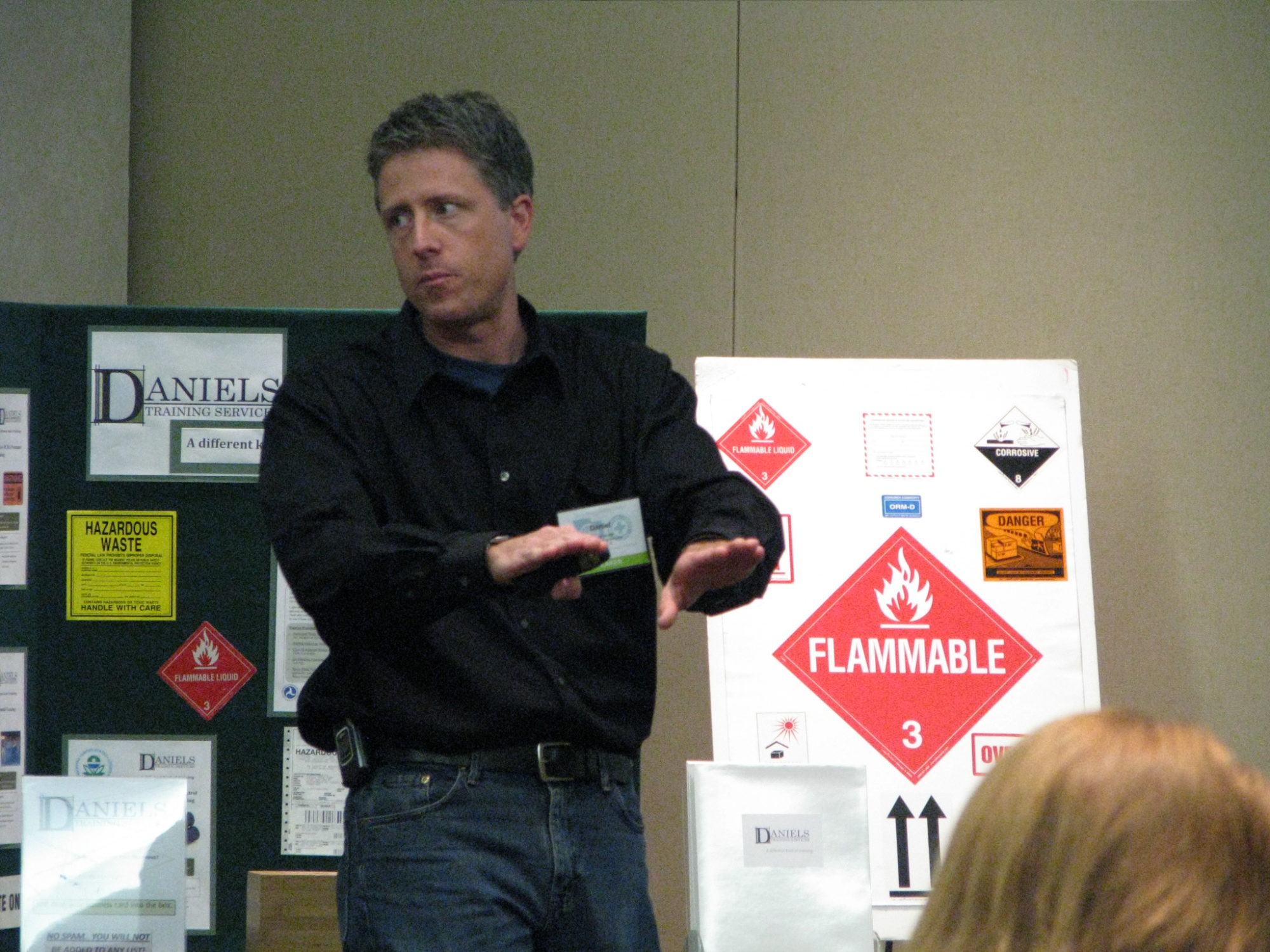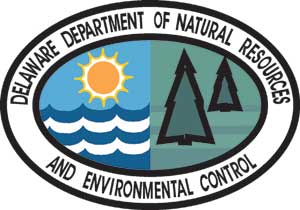The Bullet:
The U.S. Department of Transportation’s Federal Aviation Administration (FAA) proposes a $120,000 civil penalty against UPS, Inc., of Atlanta, GA, for allegedly violating the Hazardous Materials Regulations.
The FAA alleges that UPS, performing a shipper function, knowingly offered a shipment containing lithium batteries to the company’s UPS Airlines for transportation by air from Ontario, CA, to Louisville, KY, on Nov. 15, 2018.
Read the FAA press release of January 24, 2020
Who:
- The Federal Aviation Administration (FAA) is one of thirteen (13) administrations and bureaus within the U.S. Department of Transportation (USDOT).
- FAA contact: Allen Kenitzer / 206-231-2035 / allen.kenitzer@faa.gov
- United Parcel Service (UPS) is an American multinational package delivery and supply chain management company. Its headquarters are in Atlanta, GA
Contact me with any questions you may have about the transportation of hazardous materials by air, highway, vessel, or rail International and Domestic Daniels Training Services, Inc. 815.821.1550 |
What:
- The FAA alleges the shipment of lithium batteries violated the following regulations of the HMR:
- Shipment of lithium batteries was not properly packaged.
- Shipment was not accompanied by a Shipper’s Declaration for Dangerous Goods, and was not properly described, marked or labeled to indicate the hazardous nature of its contents.
- The FAA also alleges UPS failed to include emergency response information with the shipment.
- Employees at the UPS facility in Louisville examined the contents of the shipment and discovered that it contained multiple loosely packed lithium batteries which had no protection from short circuit, were damaged, and several of which were in a reactive state, the FAA alleges.
Where:
- Consignment was offered for transport in Ontario, CA. For delivery to the UPS facility in Louisville, KY.
When:
- Consignment of lithium batteries was offered for transport on November 15, 2018.
- FAA press release: January 24, 2020
- UPS has 30 days after receiving the FAA’s enforcement letter to respond to the agency.
Why:
Lithium ion (and lithium metal) batteries that are damaged, defective and likely to generate a dangerous evolution of heat are forbidden for air transportation on cargo and passenger carrying aircraft.
How:
The FAA does not create the Hazardous Materials Regulations – that’s the job of another administration within the USDOT: the Pipeline and Hazardous Materials Safety Administration (PHMSA) – but it does enforce the HMR when a hazardous material is transported by air.
Contact me the next time your USDOT, IATA (air), or IMO (vessel) training is due to expire. |
Conclusion:
Even big companies make mistakes. Another reason why the person who offers a HazMat for transportation (the shipper) should not rely on the carrier to ensure compliance with the regulations. Only knowledge of the regulations and the biennial training required by IATA (USDOT/PHMSA requires training every three years) can keep your company from facing civil penalties like the one now faced by UPS.


